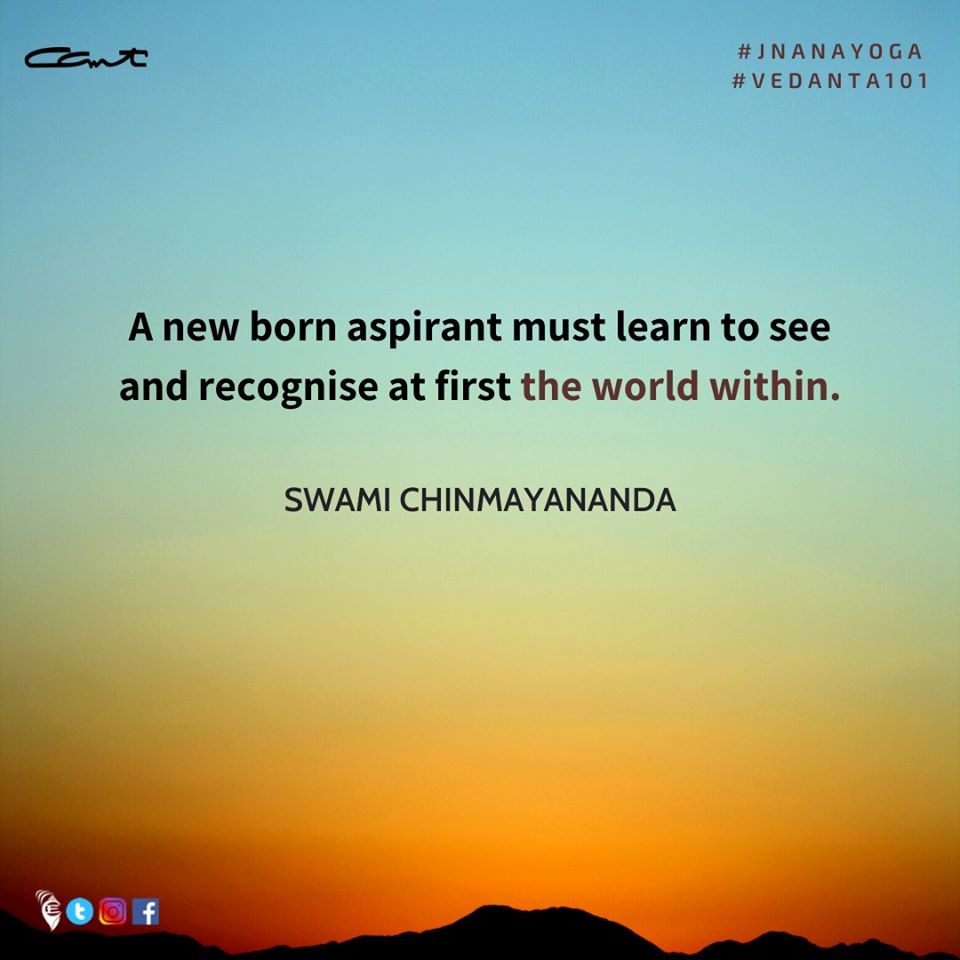#Ancient Culture ( Samskaram ) of Bharatham-3.3 : Swami Krishnananda
========================================================================
-------------------------------------------------------------------------------------------------------------------------
#OPINION : 11/02/2020 : 2052.
-------------------------------------------------------------------------------------------------------------------------
#OPINION : 11/02/2020 : 2052.
##Chapter 3: The Vedas – the Foundation of Indian Culture -3.
------------------------------------------------------------------------------------------------------------------------
#Sri Aurobindo
Sri Aurobindo (born Aurobindo Ghose; 15 August 1872 – 5 December 1950) was an Indian philosopher, yogi, guru, poet, and nationalist ( Desa Bhakthan ). He joined the Indian movement for independence from British rule, for a while was one of its influential leaders and then became a spiritual reformer, introducing his visions on human progress and spiritual evolution.
-------------------------------------------------------------------------------------------------------------------------
 |
#Dr. Sarvepalli Radhakrishnan
|
Dr. Sarvepalli Radhakrishnan (5 September 1888 – 17 April 1975) was an Indian philosopher, academic, and statesman who served as the first Vice President of India (1952–1962) and the second President of India (1962–1967).
---------------------------------------------------------------------------------------------------------------------
#Swami Prabhavananda
Swami Prabhavananda (December 26, 1893 – July 4, 1976) was an Indian philosopher, monk of the Ramakrishna Order, and religious teacher. He moved to America in 1923, founded the Vedanta Society of Southern California in 1930, and spent the rest of his life there.
--------------------------------------------------------------------------------------------------------------------------
1.
#I suggested the other day one or two books that you may read. I suggested only the writings of Aurobindo and Radhakrishnan, but I remember now one more small book which will be very interesting – a very small book, but very touching.
##The name of the book is Vedic Religion and Philosophy by Swami Prabhavananda of the Ramakrishna Mission. You may read it to your benefit.
###It is the same person wrote Spiritual Heritage of India. Vedic Religion and Philosophy contains three beautiful essays on the Vedas, the Upanishads, and the Bhagavadgita. That is worth reading, as it is very well written.
--------------------------------------------------------------------------------------------------------------------------
2.
#The comprehensiveness of the Vedas being large, it was not easy for people to study the whole thing at one stroke; therefore, students took up studies of certain sections of the Veda only, as it was not practicable or feasible for them to take up the study of all things at the same time.
##Some students took up study of the Samhitas only. They learned it by rote and chanted and repeated it again and again, and they spent at least twelve years in mastering the pronunciation with intonation of the mantras of the Veda.
###At least twelve years it will take to learn the very chanting itself of the Veda Samhitas.
####Others took to the study of the ritualistic side, laying emphasis on karma kanda, as it is called. The yajnas, havans, homas, rituals, etc., are explained in great detail in the particular school of philosophy known as Mimamsa.
-------------------------------------------------------------------------------------------------------------------------
3.
#There are six systems of philosophy: Nyaya, Vaisheshika, Sankhya, Yoga, Mimamsa, and Vedanta.
##Mimamsa is a school of philosophic thought which concerns itself entirely with the exposition of the ritualistic portion of the Vedas, the Brahmanas as they are called particularly.
##Those who were inclined to philosophical thought, meditation-oriented minds, took to the study of the Aranyakas and the Upanishads much more than the Samhitas and the Brahmanas. The great scholars called Sayanacharyas wrote commentaries on the Samhitas, the Brahmanas, the Aranyakas and the Upanishads – a giant of learning, a colossus of scholarship, I should say.
##Who could find time to write commentaries on all the Samhitas and the Brahmanas and the Aranyakas and the Upanishads while people could not manage to study even one section of it in their life?
###You can imagine the stature of the learning of these great persons such as Acharya Sayana, who was the brother of Vidyaranya, who wrote Panchadasi, etc.
To be continued ...
------------------------------------------------------------------------------------------------------------------------
JAYA HIND
JAYA BHARATHAM
VANDHE MATHARAM
BHARAT MATHA KI JAY.
=======================================================================













Comments
Post a Comment